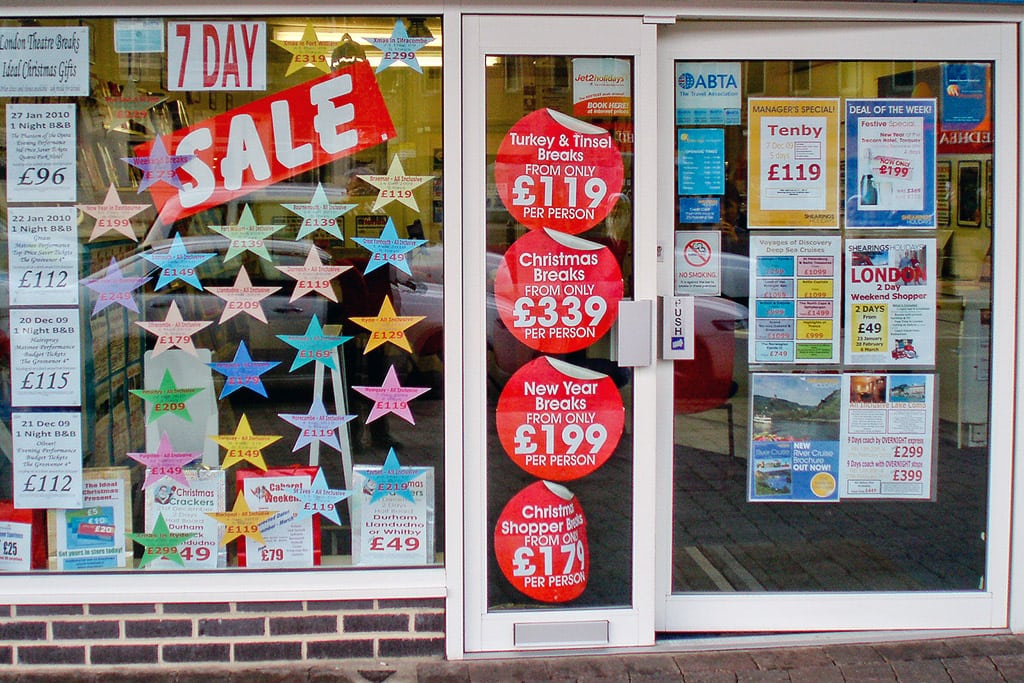Skift Take
As storefront agencies have disappeared, home-based agents have picked up the slack in the travel agency community. One can't help but wonder, however, if this trend has contributed to the relative invisibility of travel agents to most Americans.
The demise of the traditional storefront travel agency over the last two decades has led to an enormous increase in travel agents who work from home and serve clients on a small scale.
These home-based independent agencies, which usually employ one to five agents, generally serve a travel niche in their local communities. At an inflection point in the agency’s growth, however, it may need a partner to provide the support of a more efficient, and connected, travel company.
“A host agency is an umbrella platform, but the agents all market under their own brand,” said Jackie Friedman, president of Nexion, which is a Travel Leaders Group company. “It’s somewhat schizophrenic.”
A hosted travel agent is an independent agent who partners with a larger host agency to receive technology or sales and marketing support. The independent agent often agrees to split the commission they earn on sales in return for support from the host agency.
The independent agency, most importantly, gains access to the buying power of the larger agency: preferred rates, value adds for clients, and higher commission on sales.
“There’s power in numbers when you affiliate with a host or franchise,” said Debbie Fiorino, senior vice president of World Travel Holdings’ CruiseOne and Cruises Inc. brands. “There’s increased buying power; we’ve done a good job of communicating to travel agents that they’re on their own, but they’re not alone.”
Data from the American Society of Travel Agents (ASTA) show that a third of its North American travel agent members are independent, and about half of those identify as hosted agents. Fully independent agents have been trending downward in numbers since 2012, as well.
According to Friedman, while no one is sure exactly how many hosted agents are out there in North America, data she’s seen suggest that more than half of total agents are independent or hosted. Hosted agents, however, only account for 10 or 12 percent of total agency bookings, with mega agencies of course accounting for the vast majority.
“1995 was the year the airlines announced they were capping commissions, and for a lot of agencies it meant they had to reinvent how they do business,” said Friedman. “They shifted to models where they could reduce their costs, and moving home was certainly one of the options. At the same time, in the past 15 to 20 years, technology really made it possible for agents to operate their business anywhere.”
Finding a Niche
The set up also lets agents to start out selling niches they’re interested in, instead of entering a traditional agency and selling its top product.
One of the first agencies to adopt a hosted model was Cadence, which is now a branch of Tzell Travel Group and is affiliated with Virtuoso. In the two decades since its founding, the travel management company has developed its marketing and technology tools to help make its hosted agents more competitive against bigger industry players.
“We give those who have developed a niche in the industry every tool they need to compete against [agents] with a larger base,” said Cadence CEO and founder Wendy Burk. “It gives them preferred partner relationships, so there’s added value and amenity; it creates VIP treatment they can curate for one client or many clients.”
The Daily Newsletter
Our daily coverage of the global travel industry. Written by editors and analysts from across Skift’s brands.
Have a confidential tip for Skift? Get in touch
Photo credit: A traditional travel agency storefront in England. Dave Collier / Flickr
